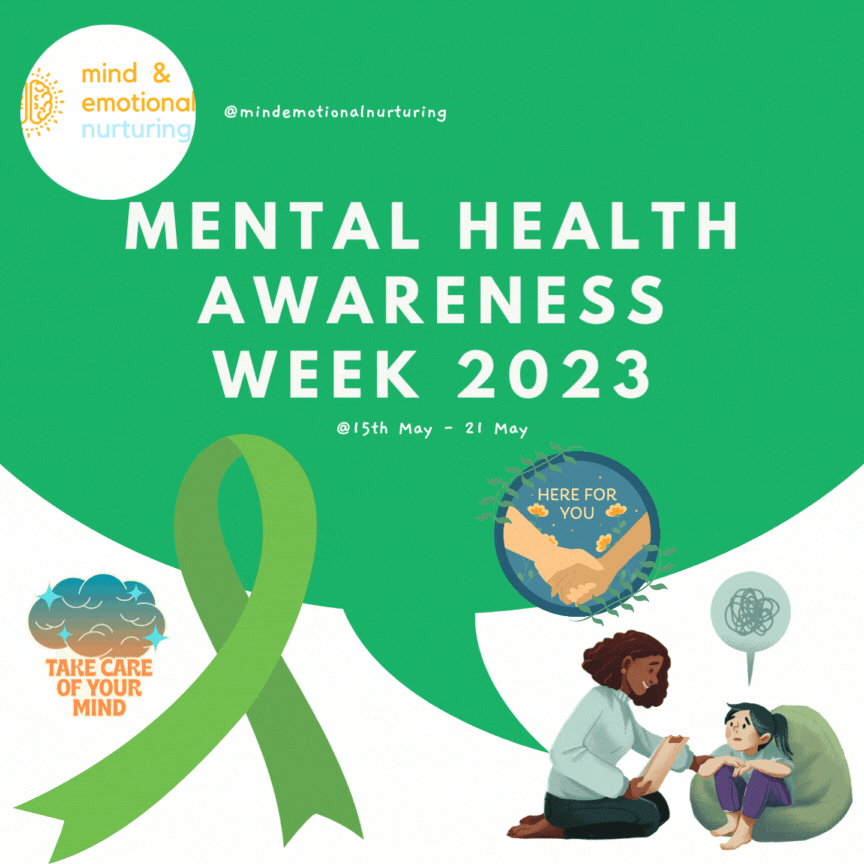
What is materialism?
Happiness is something that we all seek, and we seek it in different ways. When people turn to buying or getting things to make them happy, that is known as materialism. Young people often get caught up in materialism. They believe that external things such as fashion, video games, cell phones, and other latest popular thing makes them feel happy or make other people like them. They feel pressured to fit in.
Other reasons why young people may be materialistic include having materialistic older ones, including parents. Their parents may have given them the message that success is determined by the money or possessions one has. We live in a materialistic culture.
So, what is wrong with being materialistic?
The problem with materialism is that it never brings happiness. Instead, it will lead you to want more, leaving you with the feeling of dissatisfaction. You may be happy to get what you want, but that happiness will be short-lived. When your happiness goes, you will want something else. You find yourself in an endless pursuit of happiness. This can make teenagers feel stressed and act desperate while engaging in unwanted, destructive, or anti-social behaviors.
If materialism does not bring happiness, what does?
Take time to appreciate what you have in life. #GREAT
Developing connections with others.
Learning ways to become a better version of yourself.

.png)







